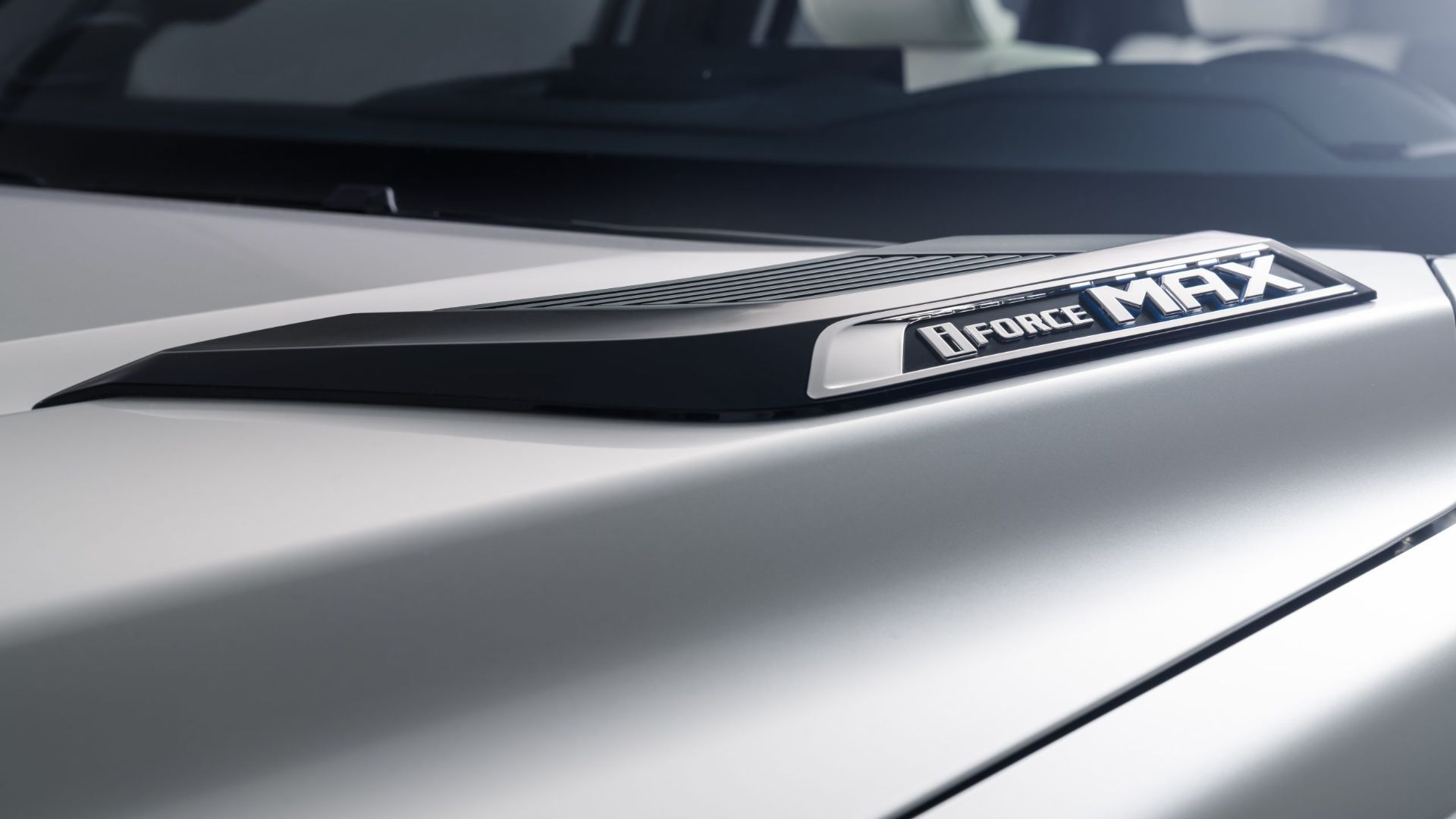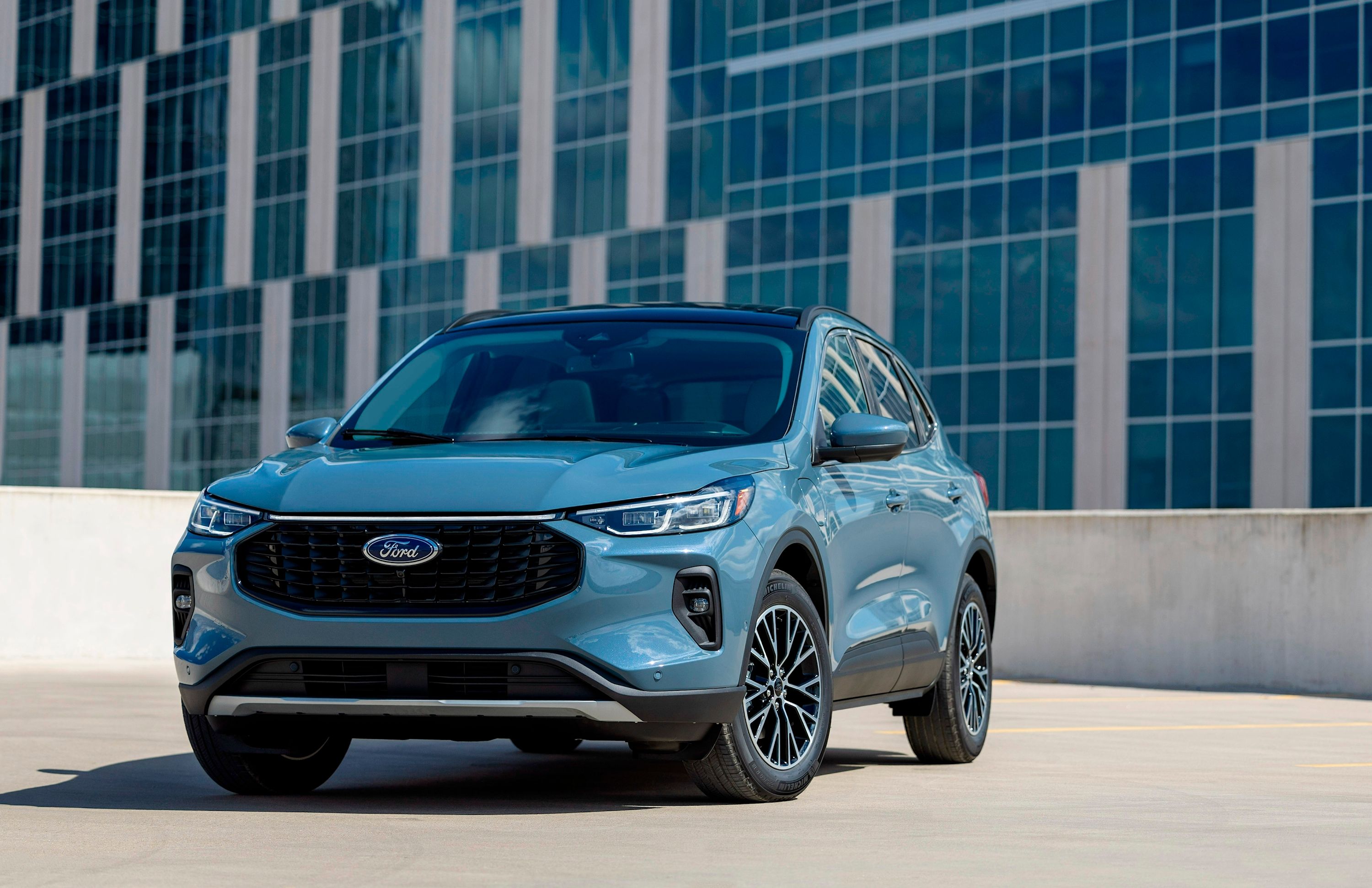
When they first appeared in showrooms around the country, first-generation hybrid cars were technological marvels. Marketers told us that they would be the future of sustainable transportation and people warily scheduled their test drives, to see what all the fuss was about. It seems incredible that this was all around a quarter of a century ago, but it’s still possible to buy some of these early adopters of hybrid electric technology.
Old-generation hybrids like the Ford Escape Hybrid or Toyota Prius may be steals for budget-minded drivers, but are they necessarily a good buy?
We found that first-generation hybrid cars are still around in good numbers and do not cost much to buy. We look to see if this would be a good idea in the long run, taking into account ownership costs and other factors. The figures in the table relate to the first-gen Ford Escape Hybrid.
Compare the Purchase Price to Your Long-Term Costs
|
2005 Ford Escape Hybrid Specifications |
|
|---|---|
|
Engine |
2.3L NA I4 hybrid |
|
Motor |
Permanent magnet AC synchronous |
|
Transmission |
CVT auto |
|
Drivetrain |
FWD |
|
Power |
155 hp combined |
|
Torque |
129 lb-ft |
|
Fuel Economy |
33 mpg combined |
Low prices for early hybrids are certainly a major part of their appeal. After all, it can be enticing for first-time buyers, students, or even environmentalists on a shoestring to own such a vehicle which once had revolutionary fuel efficiency. For example, you can view an SUV like the 2005 Ford Escape Hybrid, one of the first vehicles to bring electrification to this segment, at a bargain rate of around $4,000 on sites like Kelley Blue Book (KBB). A first-generation Toyota Prius may also be available for about $3,000, but do these numbers tell you the full story? If you’re tempted, you need to take into account the potential ongoing cost of owning a vehicle like this. Think about maintenance, the cost of parts and especially the battery. Certainly, it may look like a steal on paper, but make sure that you don’t buy a money pit.
Battery Matters Must Be Front and Center
The biggest issue with an aging hybrid is certainly the high-voltage battery pack. These earliest hybrids have nickel metal hydride (NiMH) batteries, which were certainly groundbreaking when they came out, but hardly the latest tech today. Engineers rated those batteries to last up to 150,000 miles and many did exceed those expectations, but if you get a first-generation hybrid with an original battery, it’s unlikely to be performing to its full capacity.
Related
Toyota Prius Generations: Everything You Need To Know In One Place
From a slow, ugly duckling, to a punchy looker, the Prius has come a long way since the early 2000s, but it’s kept fuel economy as a priority.
If you do need to replace a battery, this is not a trivial issue. You may need to spend several thousand dollars and take into account the cost of labor. There may be reconditioned or refurbished options to think about, but check their warranties first. Unfortunately, older battery packs are not as easy to service as the modern ones, which have a modular design. Yes, you could consider replacing cells, but that does need a good amount of technical skill and would certainly be an intimidating idea for the average buyer.
Trade-offs When It Comes to Technology
Looking beyond batteries, think about what you’re buying in technological terms. For example, the hybrid of today will typically have advanced driver-assistance systems and sophisticated power management tools. They may feature regenerative braking, which you can adjust to your liking, and you’ll probably be able to integrate your smartphone with your car. Don’t expect many of these features with the earliest hybrids, as they typically come with fewer electronic comforts. Some of them may only have a couple or even no airbags, as this was still emerging technology back then.
Look Closely at Mechanical Reliability
How reliable should you expect a vehicle of this age to be? Certainly, the Toyota Prius, as an example, has a strong reputation in this area, especially when it comes to its internal combustion component. The early Honda Insight, which may not win too many awards for spectacular design, could also be a smart choice.

Related
The Brand With The Most Hybrids On Sale In America
You’ve got plenty of selection
There again, hybrid reliability is not universal, and some models seem to suffer more than most. For example, the Honda Civic Hybrid with the continuously variable transmission suffered from many transmission-related issues, as well as premature battery failures. If you are considering buying a first-generation hybrid, do a lot of research about the model in general and the vehicle you’re looking at. Inspect its service history closely and avoid any obvious gaps or inconsistencies. Still, if you find something which has a documented battery replacement and well-maintained powertrain, you may be able to enjoy years of economical driving ahead.
Think About Safety Standards
In addition to potential reliability, consider safety trade-offs with a purchase like this. Crash safety standards are far more advanced today than they were in the late 1990s or early 2000s and those older hybrid vehicles may not fare particularly well in frontal offset or side impact tests. Remember that a vehicle like the first-generation Prius does not have modern crash-avoidance technologies either. However, if you’re only looking to buy a first-generation hybrid for local use or city commuting, this may not be as big an issue. If you are buying one for long distance or interstate travel, or if you want to carry passengers frequently, this is worthy of second thought.
A Used Car Purchase Might Be Environmentally Smart
Even though the early hybrids were not as efficient as their counterparts today, there’s still an environmental argument for buying one. After all, it may still require a significant amount of energy and materials to manufacture a new hybrid or electric car and maybe up to nine tons of CO2-equivalent emissions before it hits the showroom. Perhaps it’s better to extend the life of an older car rather than purchase a new vehicle, if environmental matters are front and center for you.

Related
2023 Ford Escape Hybrid First Look Review: Mustang Mach-E Stepping Stone
Not ready for Ford’s fully electric crossover yet? The Escape Hybrid isn’t a bad option.
Why a Cost Comparison to Newer Hybrids Could Be Sensible
It’s also worth making a side-by-side comparison between the first-generation hybrid and its second-generation counterpart. For example, the first-gen Prius may go for around $3,000, but a good second generation (2009, as an example) could fetch between $7,000 and $8,000 in the current market. A car like this will have a more refined hybrid system and better fuel economy, while you may also have better access to secondhand parts. Even more recent models may offer dramatically better performance and safer systems at a price that would be well below a new car. Further, newer hybrids will have improved battery-management tech, and you may even be able to find a transferable battery warranty. So, when comparing the initial purchase price with the total cost of having a first-generation model, take into account the longer-term cost of ownership.
How to Approach a Potential Buy
If you’re looking to buy your first-generation hybrid, you’ll probably need to make some compromises. Make sure the vehicle in question has a good maintenance history and look particularly closely at the battery. Has the owner replaced it or tested it recently? If you do have some mechanical dexterity, you may be able to fix issues that arise, but remember that the cost of even a single major component failure could make the entire project financially unviable.
An Environmental Bargain with Caveats
It’s usually true to say that you get what you pay for in the used car world and this is likely to be even truer when it comes to first-generation hybrids. Certainly, the rock-bottom price will be appealing, and you’ll get reasonable fuel economy, but don’t forget the serious caveats. You may come across aging battery packs and outdated technology, and it’s not so easy to find replacement parts for those inevitable replacements.
So, if you understand the risks and can manage them, one of these first-pass hybrids could be a great buy. There again, a slightly newer model could give you even more balanced performance, and with fewer unknowns ahead.




